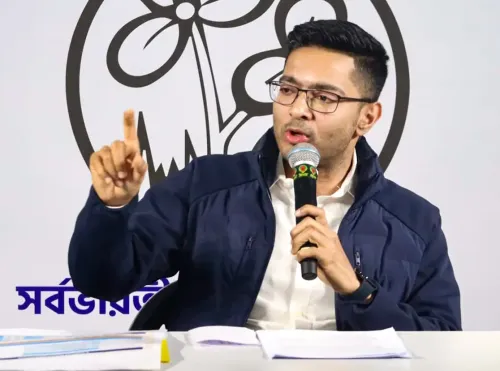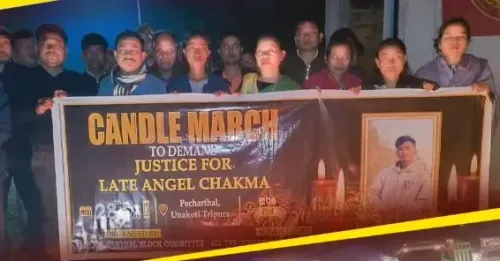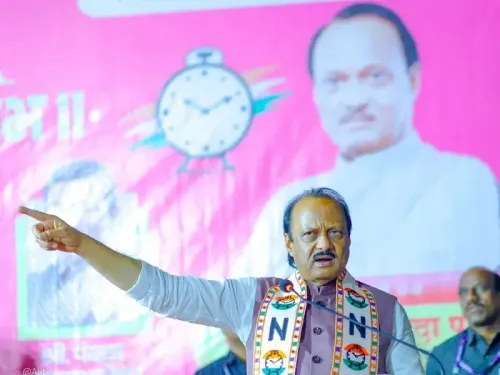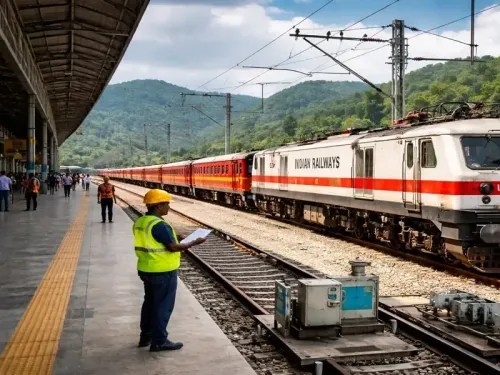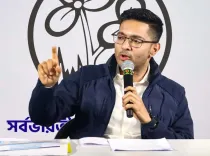Was Sadhvi Pragya Thakur Tortured for Refusing to Spread Lies in the Malegaon Blast Case?
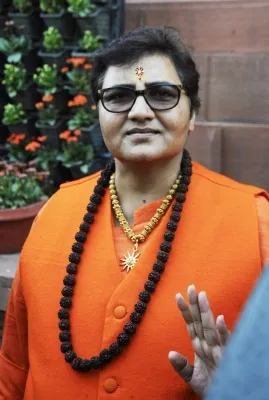
Synopsis
Key Takeaways
- Sadhvi Pragya Singh Thakur claims she was tortured for not spreading lies.
- Accusations target former Mumbai Police Commissioner Param Bir Singh.
- The Malegaon blast case had significant implications for national security.
- Thakur's acquittal highlights potential issues in the investigative process.
- Allegations raise questions on the integrity of law enforcement.
New Delhi, Aug 3 (NationPress) Sadhvi Pragya Singh Thakur, who was recently cleared of charges in the 2008 Malegaon blast incident, asserted on Sunday that she endured torture for refusing to disseminate falsehoods during the investigation. Speaking to reporters at the Bhopal airport, the former MP from Bhopal stated, “I was pressured to spread fabricated information, which I declined. That’s the reason I faced such extreme torture,” she explained.
She also criticized former Mumbai Police Commissioner Param Bir Singh, labeling him as unqualified for his role in public service.
“Param Bir Singh is a terrible person, unworthy of being an officer,” she added, delivering a pointed and harsh critique.
Thakur's remarks follow her exoneration by a special NIA court, which determined there was insufficient evidence to substantiate the terror allegations against her.
The 2008 Malegaon blast resulted in the deaths of six individuals and injured more than a hundred, making it a key topic in discussions surrounding “saffron terror” in subsequent years.
In her first public address on Saturday, Thakur issued a strong condemnation of the investigative methods, alleging custodial torture, coercion, and politically motivated targeting from senior police officials.
During her press conference in Mumbai, Thakur claimed she endured 24 days of relentless torture while in custody, specifically naming former Mumbai Police Commissioner Param Bir Singh as the main aggressor.
“The abuses they inflicted are beyond description, as words have their limits,” she remarked, revealing that she had filed written complaints against the officers involved.
Thakur stated that investigators coerced her to implicate notable individuals, including Uttar Pradesh Chief Minister Yogi Adityanath, RSS leader Mohan Bhagwat, and BJP officials Ram Madhav and Indresh Kumar.
“They warned me, ‘If you name these people, the torture will stop.’ Their sole intention was to compel me into lying,” she added.


